Every one loves justice in the affairs of another
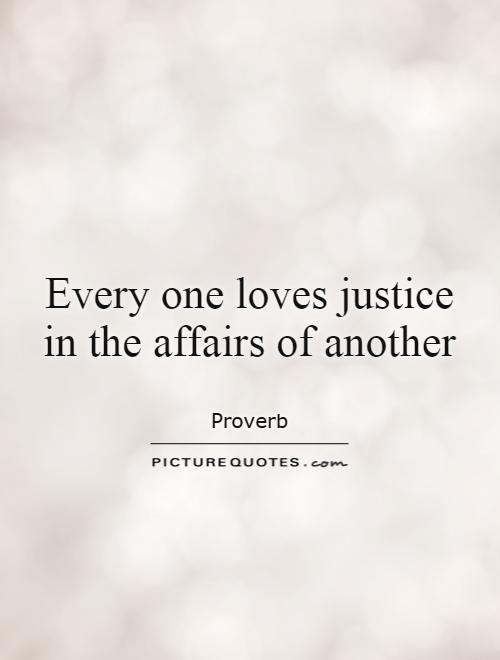
Every one loves justice in the affairs of another
The proverb "Every one loves justice in the affairs of another" speaks to the human tendency to be more concerned with fairness and justice when it comes to other people's situations, rather than our own. It highlights the fact that people are often quick to point out injustices and demand accountability when it doesn't directly affect them, but may turn a blind eye or make excuses when it comes to their own actions or those of people close to them.This proverb can be seen playing out in various aspects of society, from the way people react to news stories about corruption or injustice in government or corporations, to the way we judge our friends and family members for their mistakes or wrongdoings. It is much easier to be outraged and demand justice when we are not personally involved or affected by the situation.
One reason for this phenomenon could be that it is easier to see things objectively when we are not emotionally invested in the outcome. When we are not personally involved, we can more easily see the right course of action and demand justice without the fear of repercussions or consequences. However, when it comes to our own affairs, our judgment may be clouded by our emotions, biases, and personal interests, making it harder to see things clearly and act in a just manner.
Another reason for this tendency could be a sense of self-preservation. People may be more willing to overlook injustices or turn a blind eye to wrongdoing when it benefits them or protects their own interests. It is easier to ignore or justify unethical behavior when it serves our own needs or desires, even if we would condemn the same behavior in someone else.
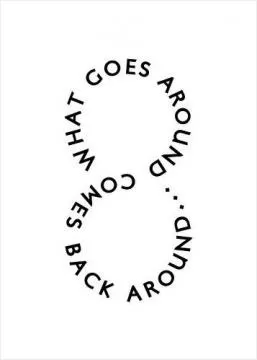
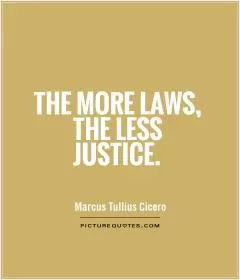
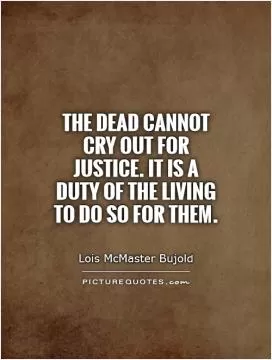
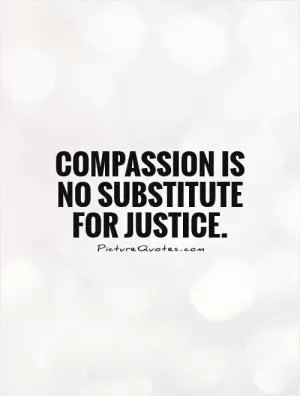

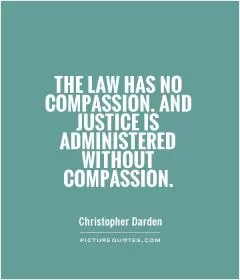

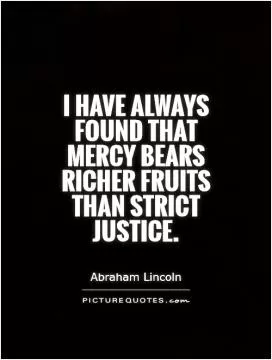
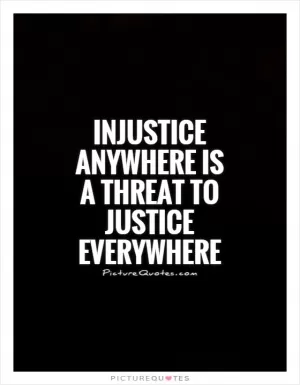

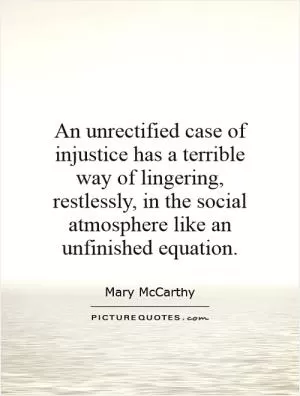
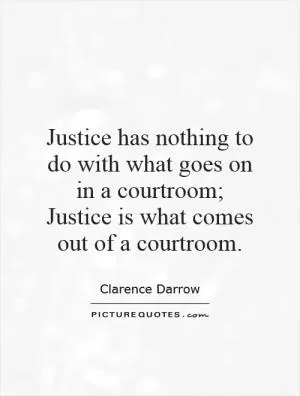
 Friendship Quotes
Friendship Quotes Love Quotes
Love Quotes Life Quotes
Life Quotes Funny Quotes
Funny Quotes Motivational Quotes
Motivational Quotes Inspirational Quotes
Inspirational Quotes